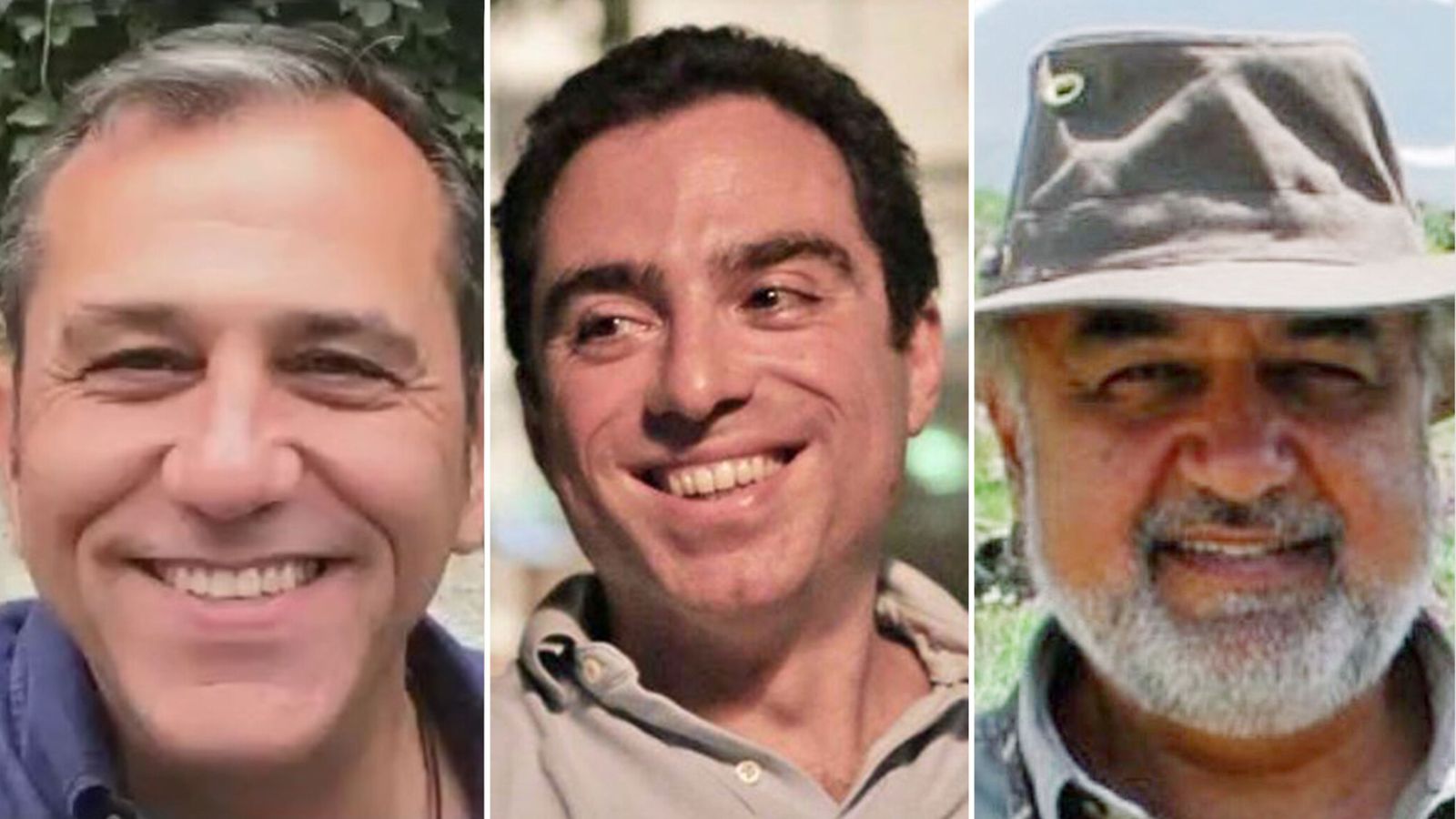
Iran will release a British national and four Americans held in the country in exchange for $6bn (£4.8bn) and a prisoner swap.
The funds, once frozen in South Korea, are now in Qatar after the Biden administration issued a waiver for international banks to transfer frozen Iranian money without the repercussions of US sanctions, an Iranian official announced on state television.
The deal also includes the release of five unnamed Iranian citizens held in the US.
The British man being freed is environmentalist Morad Tahbaz, 67, who has British, US and Iranian citizenship.
He was among the dual nationals being held at the time negotiations were under way involving the UK government to free former detainee Nazanin Zaghari-Ratcliffe.
Iran’s foreign ministry spokesperson Nasser Kanaani said: “The issue of swap of prisoners will be done on this day and five prisoners, citizens of the Islamic Republic, will be released from the prisons in the US.
“Five imprisoned citizens who were in Iran will be given to the US side reciprocally, based on their will. We expect these two issues [to] fully take place based on agreement.”
It comes weeks after Iran said the five were released from prison and placed under house arrest.
They will be transferred to an airport in Tehran “soon” before they leave for Qatar, two Iranian officials told Reuters. From there they will then fly to the US, the news agency understands.
One of the officials said “they are in good health”.
The US-Iranian dual nationals being released in Iran include businessmen Siamak Namazi, 51, and Emad Shargi, 58.
Together with Mr Tahbaz, they had all been jailed at the notorious Evin Prison in Tehran on spying charges.
The identity of the fourth and fifth prisoners to be released has not been made public.
Two of the Iranian prisoners will stay in the US, two will fly to Iran and one detainee will join his family in a third country, an Iranian official said.
British national among those being released
London-born Mr Tahbaz was arrested in 2018 and sentenced to 10 years in prison for “assembly and collusion against Iran’s national security” and working for the US as a spy.
He has – at various stages – been the subject to ongoing negotiations for his release involving British authorities, including when Dominic Raab and Liz Truss were foreign secretaries.
He was temporarily released on the same day charity worker Ms Zaghari-Ratcliffe and retired civil engineer Anoosheh Ashoori were freed, but was later returned to custody.
His daughter Roxanne has been among those calling on the UK government to do more to get him released.
He is a prominent conservationist and board member of the Persian Wildlife Heritage Foundation, which seeks to protect endangered species.
Mr Namazi was convicted in 2016 of espionage-related charges the US has rejected as baseless and sentenced to 10 years in prison.
Mr Shargi was convicted of espionage in 2020 and also sentenced to 10 years in prison.
The money from South Korea represents funds Seoul owed Iran, but had not yet paid, for oil purchased before Donald Trump’s administration imposed sanctions on such transactions in 2019.
The US maintains the money will be held in restricted accounts in Qatar and will only be able to be used for humanitarian goods such as medicine and food – transactions allowed under American sanctions targeting the Islamic Republic over its advancing nuclear programme.
The West has accused Iran of using foreign prisoners as bargaining chips, an allegation Tehran rejects.












